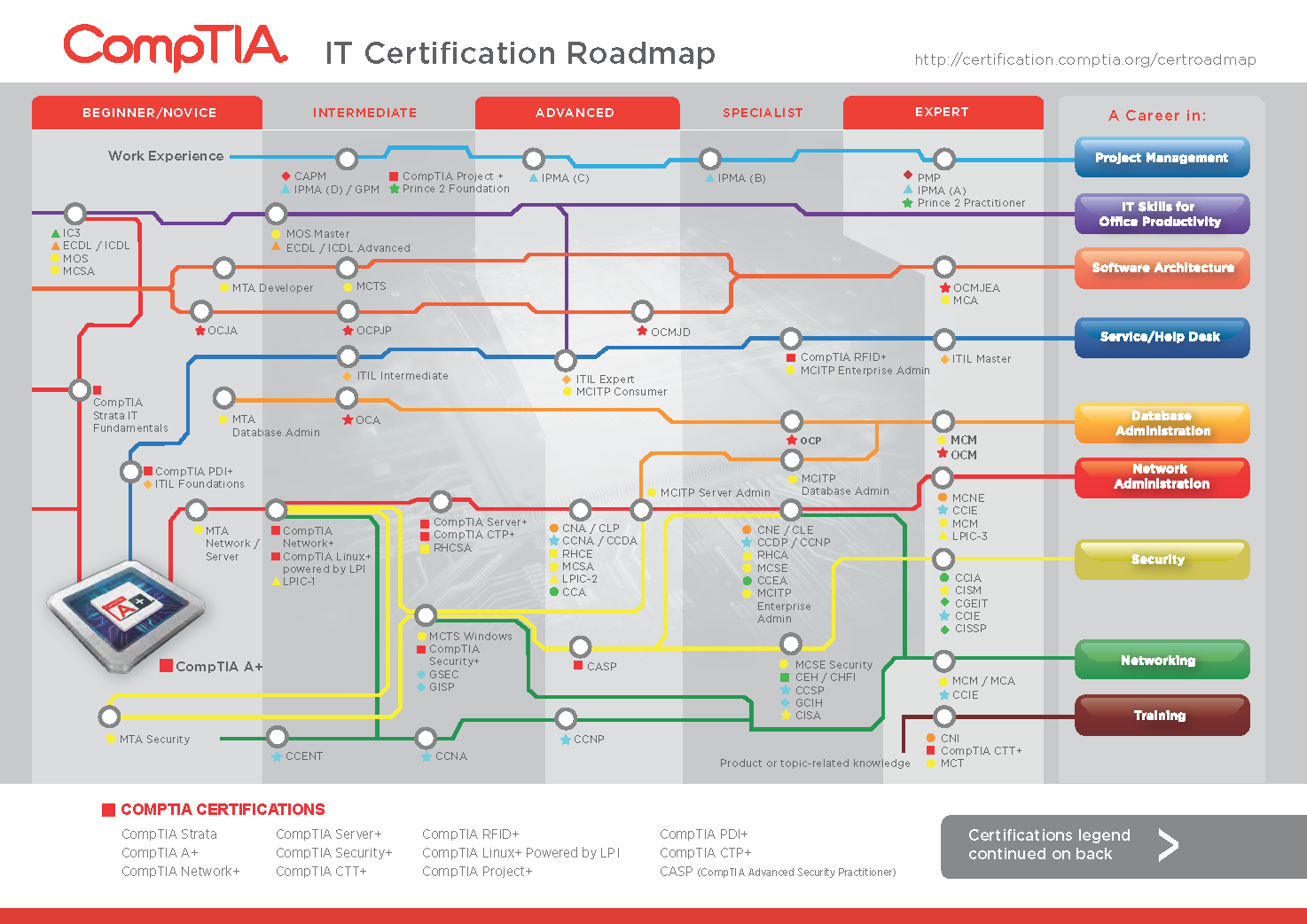What is Shorthand ?
Shorthand is an abbreviated symbolic writing method that increases speed and brevity of writing as compared to a normal method of writing a language. The process of writing in shorthand is called stenography, from the Greek stenos (narrow) and graphē or graphie (writing). It has also been called brachygraphy, from Greek brachys (short) and tachygraphy, from Greek tachys (swift, speedy), depending on whether compression or speed of writing is the goal.
Many forms of shorthand exist. A typical shorthand system provides symbols or abbreviations for words and common phrases, which can allow someone well-trained in the system to write as quickly as people speak. Abbreviation methods are alphabet-based and use different abbreviating approaches. Several autocomplete programs, standalone or integrated in text editors, based on word lists, also include a shorthand function for frequently-used phrases. Many journalists use shorthand writing to quickly take notes at press conferences or other similar scenarios.
Shorthand was used more widely in the past, before the invention of recording and dictation machines. Shorthand was considered an essential part of secretarial training as well as being useful for journalists. Although the primary use of shorthand has been to record oral dictation or discourse, some systems are used for compact expression. For example, health-care professionals may use shorthand notes in medical charts and correspondence. Shorthand notes are typically temporary, intended either for immediate use or for later transcription to longhand, although longer term uses do exist, diaries (like that of the famous Samuel Pepys) being a common example.
Pitman Shorthand
Pitman shorthand is a system of shorthand for the English language developed by Englishman Sir Isaac Pitman (1813–1897), who first presented it in 1837. Like most systems of shorthand, it is a phonetic system; the symbols do not represent letters, but rather sounds, and words are, for the most part, written as they are spoken. As of 1996, Pitman shorthand was the most popular shorthand system used in the United Kingdom and the second most popular in the United States.
One characteristic feature of Pitman shorthand is that unvoiced and voiced pairs of sounds (such as /p/ and /b/ or /t/ and /d/) are represented by strokes which differ only in thickness; the thin stroke representing "light" sounds such as /p/ and /t/; the thick stroke representing "heavy" sounds such as /b/ and /d/. Doing this requires a writing instrument responsive to the user's drawing pressure: specialist fountain pens (with fine, flexible nibs) were originally used, but pencils are now more commonly used.
Pitman shorthand uses straight strokes and quarter-circle strokes, in various orientations, to represent consonant sounds. The predominant way of indicating vowels is to use light or heavy dots, dashes, or other special marks drawn close to the consonant. Vowels are drawn before the stroke (or over a horizontal stroke) if the vowel is pronounced ahead of the consonant, and after the stroke (or under a horizontal stroke) if pronounced after the consonant. Each vowel, whether indicated by a dot for a short vowel or by a dash for a longer, more drawn-out vowel, has its own position relative to its adjacent stroke (beginning, middle, or end) to indicate different vowel sounds in an unambiguous system. However, to increase writing speed, rules of "vowel indication" exist whereby the consonant stroke is raised, kept on the line, or lowered to match whether the first vowel of the word is written at the beginning, middle, or end of a consonant stroke—without actually writing the vowel. This is often enough to distinguish words with similar consonant patterns. Another method of vowel indication is to choose from among a selection of different strokes for the same consonant. For example, the sound "R" has two kinds of strokes: round, or straight-line, depending on whether there is a vowel sound before or after the R.
There have been several versions of Pitman's shorthand since 1837. The original Pitman's shorthand had an "alphabet" of consonants, which was later modified. Additional modifications and rules were added to successive versions. Pitman New Era (1922–1975) had the most developed set of rules and abbreviation lists. Pitman 2000 (1975–present) introduced some simplifications and drastically reduced the list of abbreviations to reduce the memory load, officially reduced to a list of 144 short forms. The later versions dropped certain symbols and introduced other simplifications to earlier versions. For example, strokes "rer" (heavy curved downstroke) and "kway", (hooked horizontal straight stroke) are present in Pitman's New Era, but not in Pitman's 2000.
Easy Student Loans are available to fund the studies of the students through Pitman Training Hounslow
Where to do a course:-
Pitman training Hounslow
Please call - 02030020807
Email:- hounslow@pitman-training.net

















